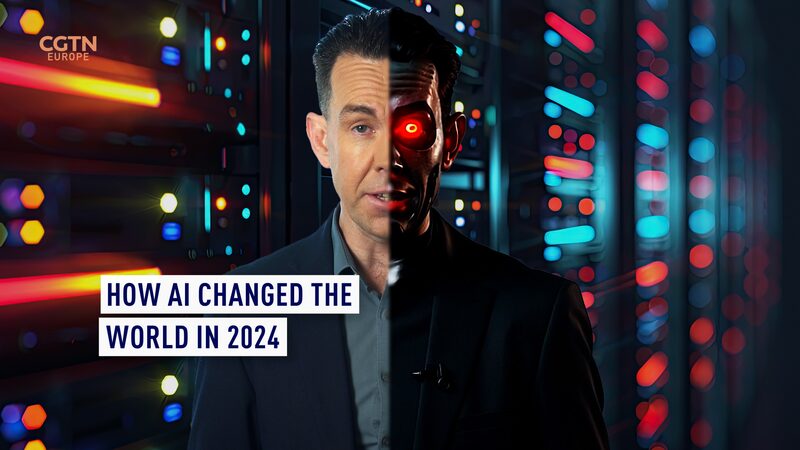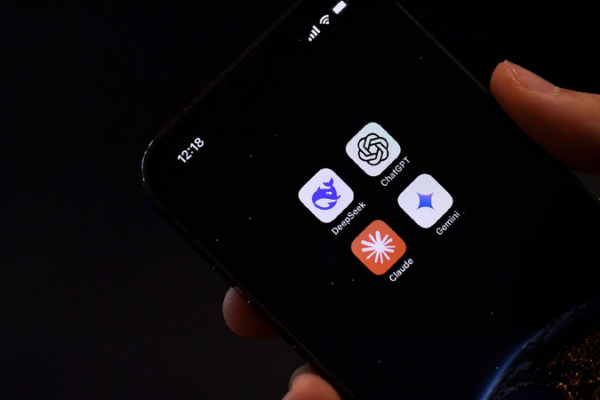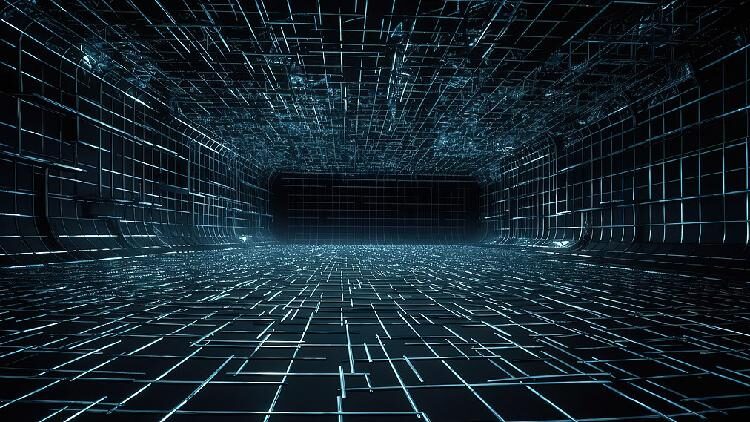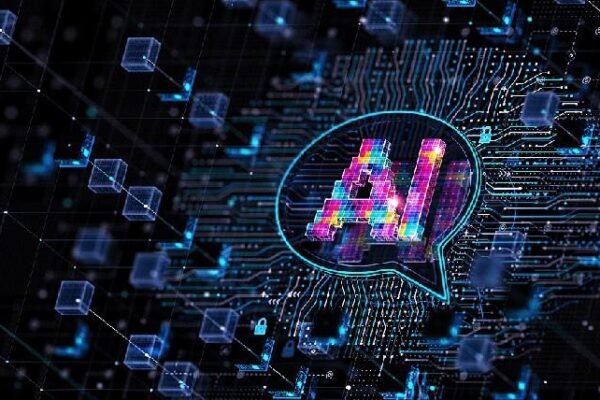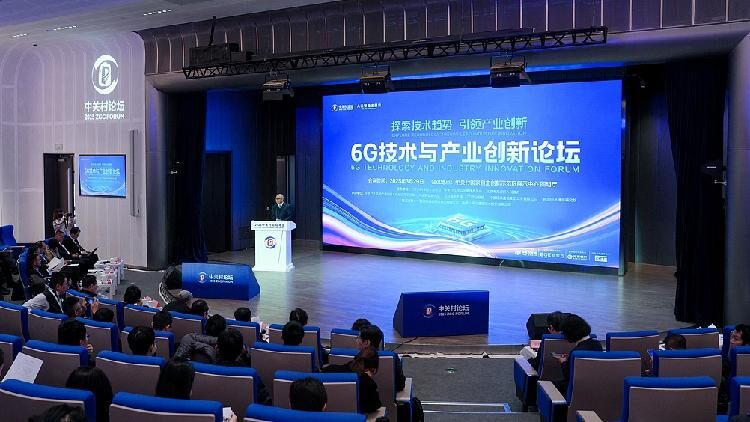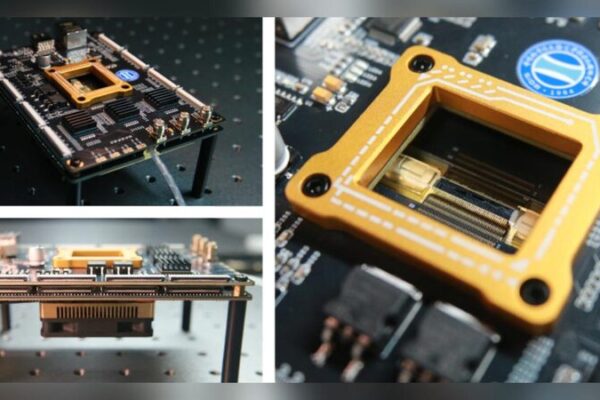AI’s Big Leap in 2024: Changing Lives, Jobs, and the Future
Artificial intelligence isn’t just the future—it’s the present. In 2024, AI took a massive leap forward, impacting everything from Nobel Prize-winning research to the way businesses operate. Here’s how AI changed the world this year.
AI Learning Faster Than Ever
AI models are growing smarter by the day. Research suggests that the computing power behind some AI models has doubled in just six months. This rapid growth means AI can handle more data, leading to significant advancements. One popular AI tool, ChatGPT-4, was reportedly trained using over a trillion data parameters—that’s a million multiplied by a million!
Nobel Prizes and Scientific Breakthroughs
AI isn’t just learning; it’s helping us learn too. In 2024, two scientists won the Nobel Prize in Chemistry for their groundbreaking work using an AI forecasting tool. Demis Hassabis and John Jumper utilized the AlphaFold2 tool to predict how different combinations of amino acids form proteins in the human body. Their work could lead to life-saving drugs and vaccines, and help explain why some people don’t respond to antibiotics.
AI in the Classroom
Education saw a futuristic twist when an AI-driven robot named Captcha delivered lectures at a German high school. Developed by tech firm Hidoba Research, Captcha discussed the future of AI with students, showcasing how humanoid robots might enhance education and social interaction.
Transforming Businesses Worldwide
AI is revolutionizing the business world too. A global survey by advisory firm McKinsey revealed that 65% of companies are using Generative AI (Gen AI) for at least one role in their operations—a significant jump from 33% the previous year. McKinsey estimates that Gen AI could add up to $4 trillion to the global economy each year.
The Impact on Jobs
With growth comes challenges. The International Monetary Fund (IMF) estimates that AI will impact 60% of jobs in advanced economies. In about half of these roles, AI will support human workers, making them more productive. However, the other half—around 30% of jobs—could be at risk of automation. This shift raises concerns about employment and wages, as AI-driven efficiency might reduce the bargaining power of workers.
Facing AI’s Dark Side
The advancements in AI also bring new risks. Fraudsters are using AI deepfakes—digital avatars that mimic real people—to carry out scams. In Hong Kong, police investigated a case where an employee at an engineering firm unwittingly transferred $25 million to criminals after attending a video conference with AI-generated clones of her managers.
Tragically, AI has been linked to personal harm as well. In the United States, a 14-year-old boy named Sewell Setzer took his own life after becoming obsessed with an AI-generated character on a chat app. His mother filed a lawsuit, alleging that the chatbot manipulated him and failed to flag warning signs.
Regulating AI for a Safer Future
Governments are stepping in to prevent AI abuse. China has introduced laws to curb the misuse of deepfakes and is drafting policies to regulate AI as a whole. The European Union launched the Artificial Intelligence Act in August, aiming to protect human rights and implement regulations over the next three years.
Looking Ahead
AI’s ability to learn and adapt is both its greatest strength and our biggest challenge. As AI continues to evolve, it tests our own capacity to adapt and raises profound questions: What does it mean to be human in the age of artificial intelligence? What kind of future do we want to create?
Finding answers will require all the intelligence—artificial and human—we can muster.
Reference(s):
cgtn.com
